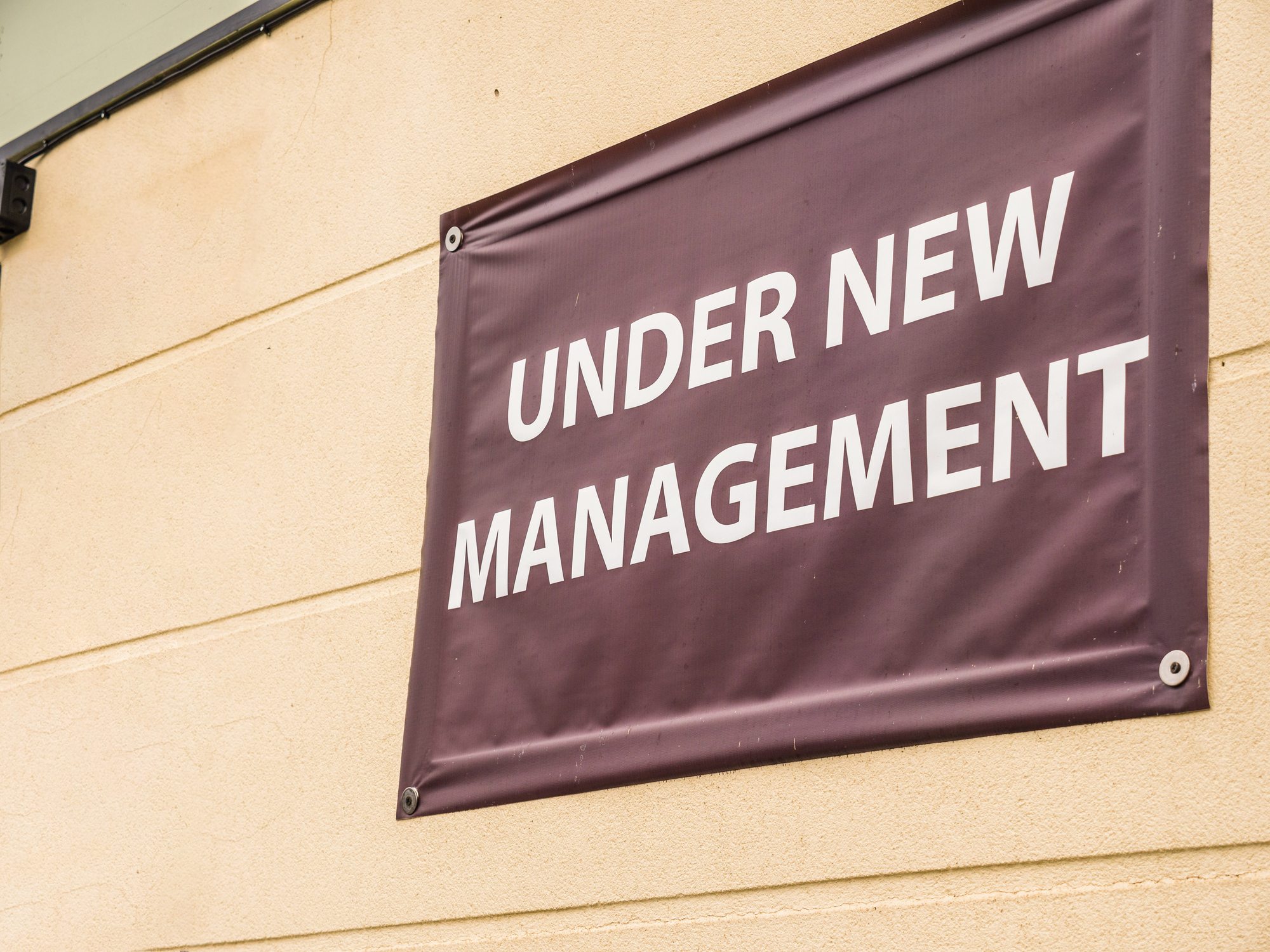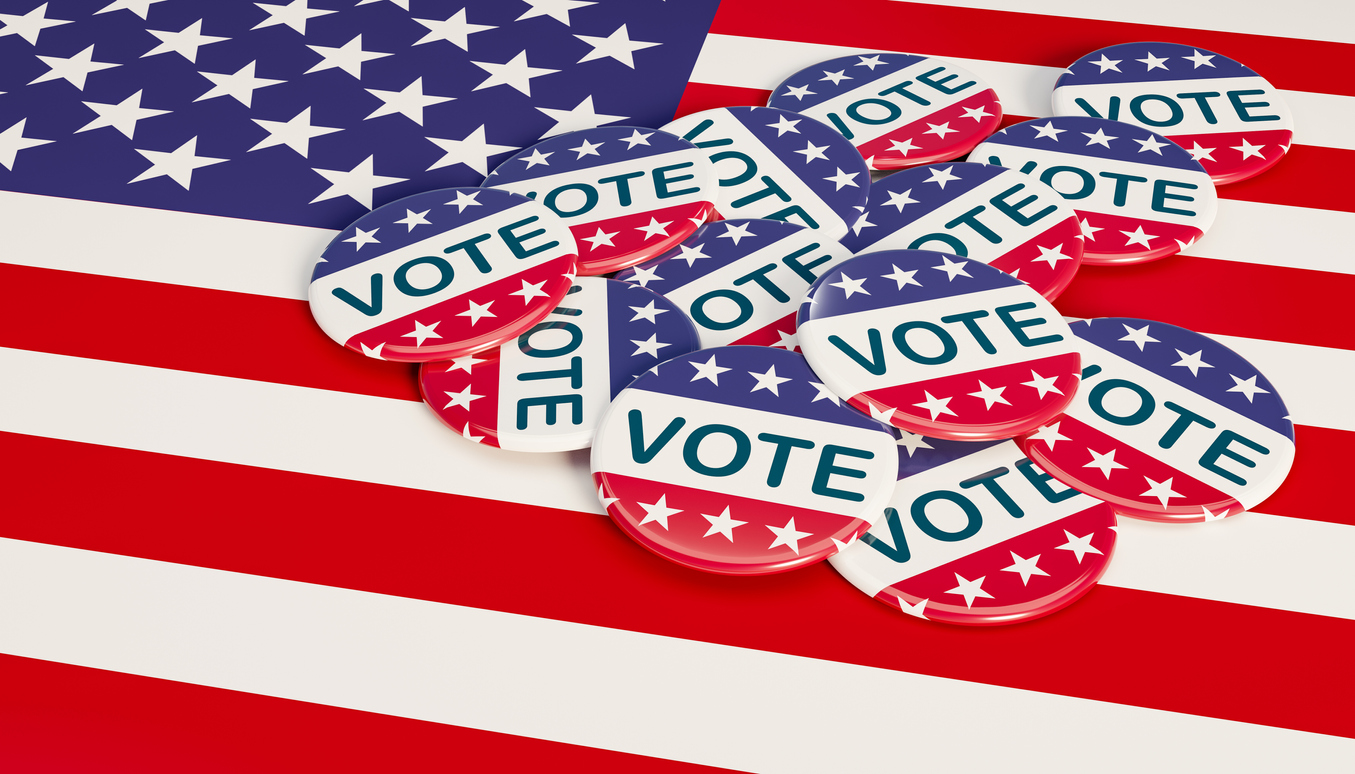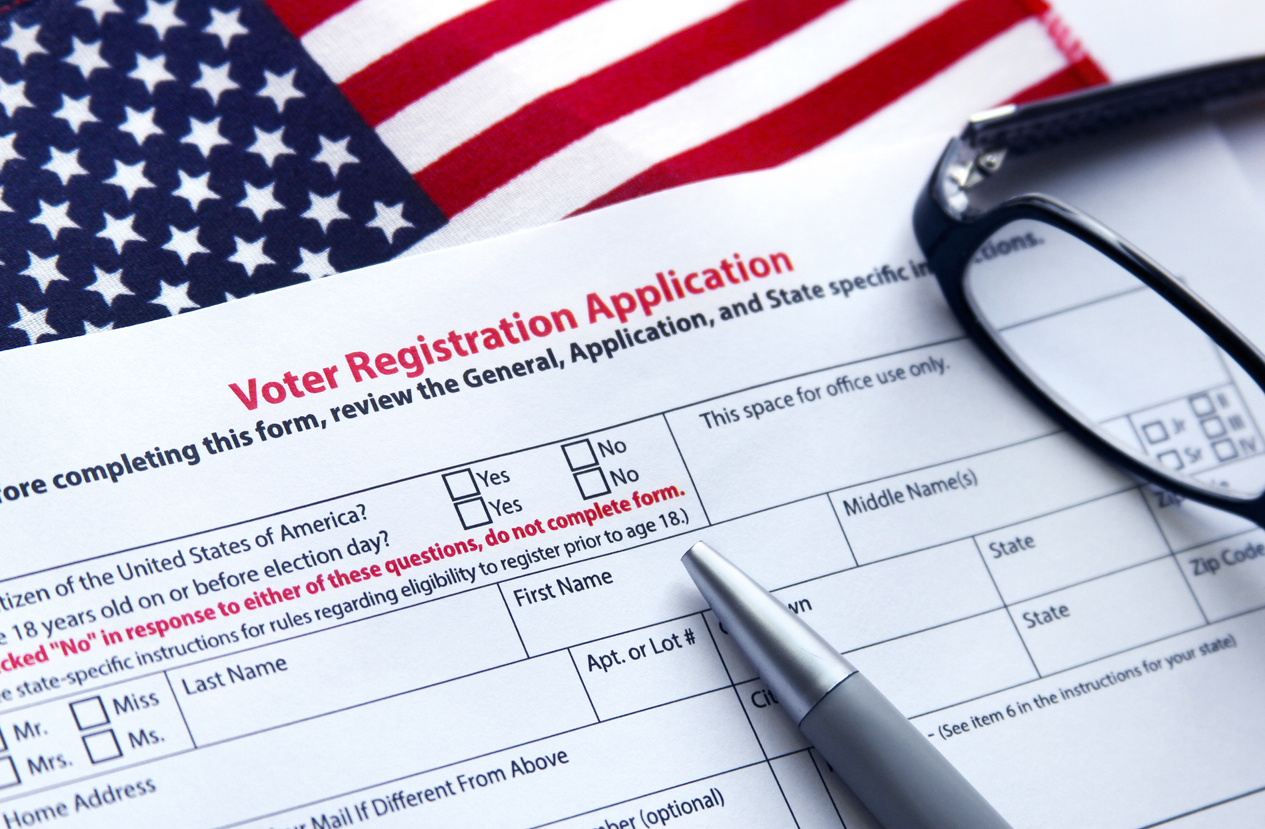In November 2016, Maine voters approved an initiative to reshape the balloting process in the Pine Tree State. With a 52-47 vote, Mainers moved from a plurality voting system, to a ranked-choice system—also known as instant run-off voting—for all statewide offices, including Governor, Congress and the U.S. Senate.
However, in early 2017, the Maine State Senate asked the state Supreme Court for its advisory opinion as to whether the measure was constitutional. In May 2017, the court said ranked-choice voting could violate the state constitution’s plurality clause for the election of Governor and legislature. In October 2017, the state assembly passed a bill that delayed ranked-choice voting until voters could approve an amendment to the constitution. When Secretary of State Matthew Dunlap

decided to allow ranked-choice voting in the June primaries, the Republican-controlled senate asked the Superior Court in Maine to listen to their concerns. After hearing arguments from GOP Senators and attorneys supporting the voter’s decision, the court ruled on April 17 that Maine could move forward with the initiative during the June 12th primary.
As a result, Maine will become the first state to implement ranked-choice voting in the United States. Both parties will use the system to select their gubernatorial nominees, while the Democratic primary for the second congressional district and the Republican primary for a Maine house seat will all have ranked-choice options. There will also be a voter-referendum on the June 12 ballot to repeal the bill delaying ranked-choice voting.
Whereas most elections operate on a plurality, ranked-choice allows voters to select their candidates in order of preference. After ballots are collected, all the first choice votes are tabulated. If no candidate receives a majority after the first round, the candidate with the lowest number of first choice votes is eliminated. As a result, voters who chose the eliminated candidate have their second-ranked candidate tabulated to the overall vote. The process continues until one candidate has a majority of votes and is declared the winner. According to Greg Kesich, the editorial page editor of the Portland Press Herald: “It’s basically a series of runoffs, but instead of having to keep coming back for another election, you cast all your votes at once.”
VIDEO: How Ranked Choice Voting Works
First invented by Danish mathematician Carl Andrae in 1855, it was adopted by the Duth for parliamentary elections shortly thereafter. Canada, Ireland and Australia have adopted ranked-choice voting in some form. While Maine is the first U.S. state, San Francisco, Santa Fe, Oakland and Minneapolis use ranked choice for local elections.
Maine has a long history of moderate politicians: they’ve had three Independent governors in the past four decades, while Independent Senator Angus King currently serves in Congress. Advocates believe ranked-choice voting will bring more civility into the political process by forcing candidates to appeal to voters who might make them a second-choice candidate. After making several controversial public comments, Republican Governor Paul LePage’s behavior has heightened calls or a less divisive electoral process, while ensuring candidates have majority support of the constituencies they represent (In 2010 and 2014, LePage won election with 38 and 48 percent of the vote, respectively). Supporters believe this method will ensure voters feel like their ballot counts.
Scientists who have analyzed the data around ranked-choice voting say the system has a tendency to marginalize low-information voters in less affluent communities. Critics believe ranked-choice voting makes choosing candidates complex, therefore it depresses voter turnout.
Plurality voting remains in effect for November. However, “a people’s veto ballot question” in June would amend the constitution and allow ranked-choice voting for federal races in the general election.
Latest News
Photo credit: iStock.com/yevtony Last week, the National Governors Association (NGA) elected Utah Governor Spencer Cox (R) as its new Chair and Colorado Governor Jared Polis (D) as NGA Vice Chair. Cox succeeds New Jersey Governor [...]
Photo credit: iStock.com/Torsten Asmus Texas voters have already submitted their ballots for the 2022 primary election. More states have their primary elections on the horizon. With the 2022 primary election season nearly upon us, many [...]
Photo credit: iStock.com/triocean DMGS has previously reviewed state government public health measures, as they have imposed and rescinded masking requirements. Now, over two years into the pandemic and after various COVID-related emergency declarations being implemented, [...]
Photo credit: iStock.com/outline205. Automatic voter registration allows eligible individuals to become automatically registered to vote when they interact with certain agencies in the government, such as a state agency overseeing motor vehicles. While most people [...]






Stay In Touch